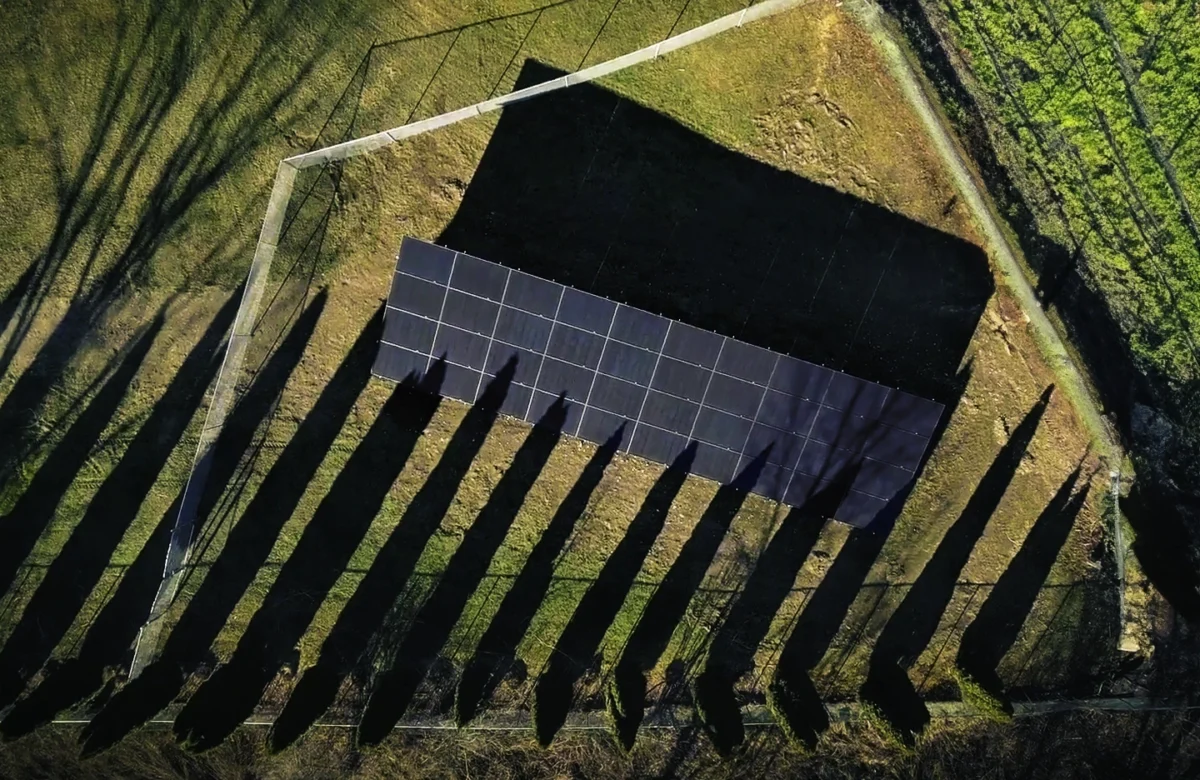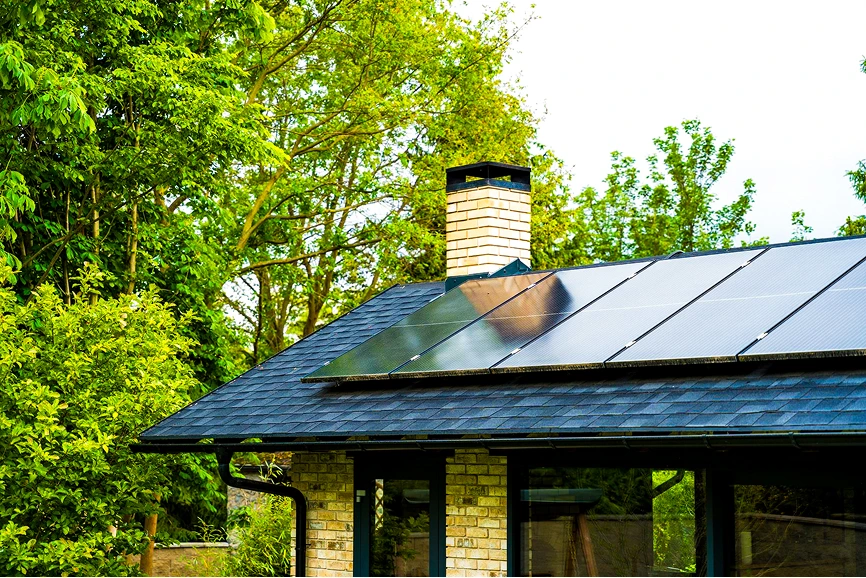Quick Navigation
1. What Solar Incentives Am I Eligible For?
New York homeowners have access to some of the best solar incentives in the country, but not all apply to everyone. Depending on your location, income, and even utility provider, you could qualify for a 30% federal tax credit, NY State tax incentives, and upfront NYSERDA rebates.
Tip: Ask for a breakdown of what you qualify for, not just a general list. A reputable installer should include these in your proposal, not make you guess.
2. Will I Lease or Own My Solar System?
This is one of the biggest decisions you’ll make, and it can drastically affect your long-term savings. Leasing might sound easier, but it usually means you’re just trading your electric bill for a solar bill that never really goes away.
If you own your system, you get the incentives, add value to your home, and once it’s paid off, your electricity is basically free.
Bottom line: Make sure you understand the pros and cons before you commit.
3. How Will Solar Impact My Electric Bill? Will It Cover All My Electricity Needs?
Every home (and every electric bill) is different. Your system will be sized based on your average electricity usage and roof space.
In many cases, solar can reduce your bill by 90-100%, but things like tree shade, roof size, and electric heating or cooling can impact that.
Ask your installer to show you how your current usage translates to projected solar savings, and how any changes (like adding an EV or heat pump) might affect that over time.
4. Is My Roof Suitable for Solar Panels, or Do I Need to Replace It First?
Installing solar on an old roof is like putting hardwood floors in a house with a leaky ceiling. Panels last 25+ years, so you don’t want to take them off to replace the roof a few years in.
Ask for a roof inspection with your solar quote: a good installer should give honest feedback about its condition and offer options if a replacement is needed. Some may even roll roof work into your financing.
5. What’s the Total Cost of Going Solar?
Be direct: ask for the all-in cost. That means equipment, permits, labor, inspections – everything.
Make sure you also ask:
- What are the payment options?
- Will I have any out-of-pocket costs?
- How are the incentives applied?
You deserve transparency. No vague ranges or surprise fees after you’ve signed.
6. What’s the Permit Process Like? Do You Handle It All?
Every town in New York has different building codes, permits, and utility approvals. Add in inspections and net metering setup, and the process can get messy fast.
Your solar company should handle all of this – start to finish. Ask who’s filing paperwork, dealing with the utility, and managing deadlines. If they say you need to call your town hall, that’s a red flag.
7. Are You a NYSERDA-Certified Installer?
If you’re in New York, this is a MUST-ASK.
NYSERDA certification means the installer meets state standards for quality, safety, and accountability. And more importantly – many NY solar incentives require your installer to be certified.
Bonus tip: Look for NYSERDA Gold Status – fewer than 10 companies in the state have it, and it reflects top-tier installation quality and customer satisfaction.
8. What Warranties Are Included?
Not all warranties are created equal. Ask what’s covered and for how long. Typically, you want:
- 25-30 years on panels
- 10-25 years on inverters
- 10 years or more on workmanship
Make sure you’re clear on who you call if something breaks and whether any warranties transfer if you sell your home.
9. What Equipment Will Be Installed, and Why?
Panels, inverters, racking – it affects how well your system performs over time. And some companies use cheaper equipment to lower their bids.
Ask what brand and model will be installed, and why they’re recommending it for your home. You don’t need to be an expert, but a good installer will walk you through the key differences in a way that makes sense.
10. Who Will Be Doing the Installation? How Long Will It Take?
The company selling you solar might not be the one installing it. Some solar companies sell your contract to a third-party installer, often choosing the lowest bidder to maximize commission. This disconnect can lead to miscommunication, delays, or subpar workmanship. And if something goes wrong, it’s not always clear who’s responsible.
Ask: Who’s physically doing the install? Are they employees or subcontractors? Do they have experience with your roof type? And what’s the timeline from sign-up to completion?
You’re putting electrical equipment on your roof. You deserve to know who’s doing the work and when.


